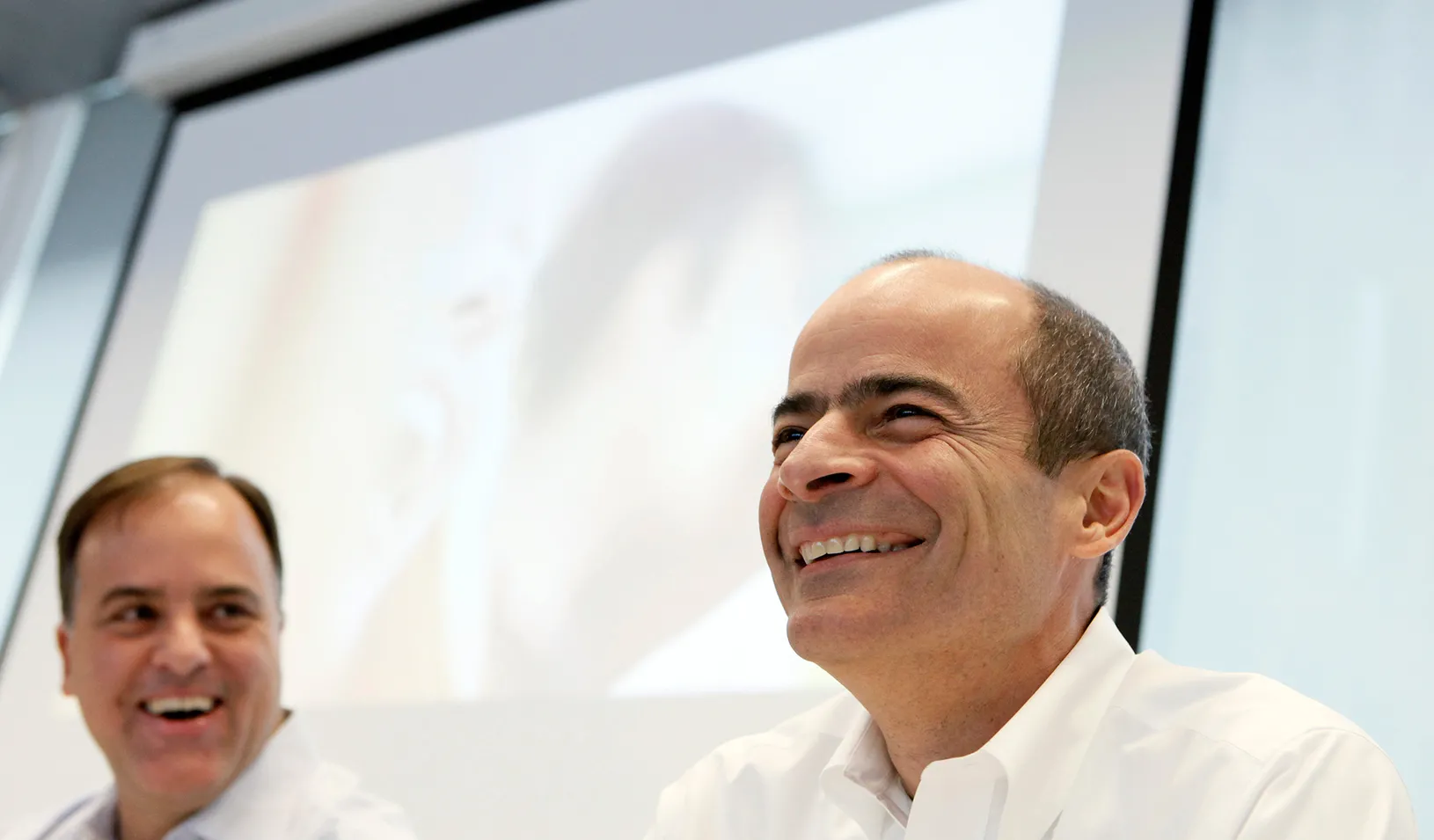July 24, 2014
| by Bill Snyder
Carlos Brito is the man who engineered the surprise 2008 buyout of Anheuser-Busch and its iconic American brands and brought them under the umbrella of Brazil’s InBev. A Stanford MBA, the Brazilian-born Brito worked for Shell Oil and Daimler-Benz before joining Brahma, a beer and soft drinks company. Over the years, Brahma merged with other companies in Brazil and Brito’s career grew with it. He became CEO of InBev in late 2005 and CEO of the combined Anheuser-Busch InBev following the merger.
It’s almost a cliché to say that “people are the most important factor in a company.” Brito says that too, but he’s no pushover; he has a reputation as a tough-minded cost-cutter who does not sugarcoat bad news or a deficient performance. Addressing Stanford Graduate School of Business students at a View from the Top talk in November 2013, Brito outlined his formula for making a people-friendly company a successful company.
Be Fair
Being fair to your employees doesn’t mean that everyone should be treated alike, says Brito. “Our definition of fairness is that you have to treat different people in different ways. That’s being fair. If you treat everybody the same, that’s unfair.” A business should be a meritocracy, and if that means sharp, young employees outperform their seniors, they will be promoted at Anheuser-Busch InBev. “That’s fair,” he says.
Be Informal
Informality, says Brito, goes beyond casual Fridays and wearing jeans to work. It’s about creating structures that facilitate communication across traditional corporate boundaries. Instead of working in his own office, Brito sits at a large table with his direct reports close at hand. Other Anheuser-Busch executives follow suit. Why configure offices that way? “Because information flows. People can speak up. You don’t need to be booking meetings all the time,” says Brito.
Be Candid
It’s not always easy to be straightforward with an employee, but talented people want to know where they stand, says Brito. At Anheuser-Busch InBev, Brito evaluates his employees twice a year, and in the same one-on-one, 90-minute meetings they evaluate him. Hesitating to tell an employee how to improve is a mistake; what’s more, it’s patronizing. “You have to tell what’s good, what’s bad, and how you can help him recover and get back on track.” That’s candor, he says.
Build a Culture of Ownership
Professionals are just trying to build their resume; owners are trying to build the company. For example, a U.S. company Anheuser-Busch InBev acquired had a three-year vesting period. “We said, ‘Forget it.’ That’s short term.” Brito increased the vesting period by two years. “If they’re going to be here for 30 years, what’s five years?” says Brito.
Reward Success, Not Just Strong Efforts
Business is not a place where everyone gets a gold star just for showing up. Efforts should be recognized, but results are what should be rewarded. Normally, great results come with great efforts but the two are not necessarily the same, says Brito. Customers are only interested in what you deliver. Some companies that don’t produce high-quality results still pay bonuses; they still celebrate. “And that’s the beginning of the end,” he says.
Avoid Executive Status Symbols
Brito flies commercial and stays in the same hotels his team stays at. He doesn’t have a company car or a driver or an office. Status symbols destroy the idea of an engaged group, he says.
Don’t Sugarcoat Bad News
No company really has a “feel good department,” but for Brito it’s a metaphor for reluctance to confront bad news openly and honestly. Some companies will take bad news and rebrand it as good news for the sake of morale. If a company has a “feel good department,” he says, kill it.
For media inquiries, visit the Newsroom.






